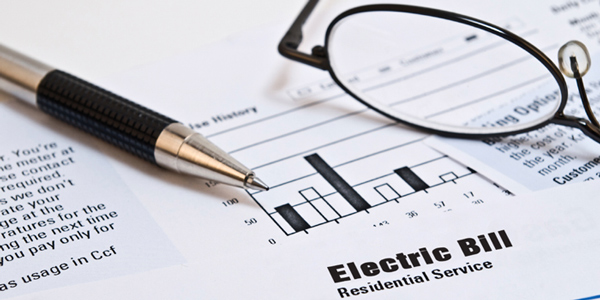By William Opalka
Eighteen years after opening retail electric and gas choice, New York regulators concluded Friday that the initiative has failed, launching a proceeding that could bar energy service companies (ESCOs) from operating in the state.
“After considerable experience with the offering of retail service to mass-market customers by ESCOs, the [New York Public Service Commission] has determined that the retail markets serving mass-market customers are not providing sufficient competition or innovation to properly serve consumers,” the commission wrote in its notice (98-M-1343). “Despite efforts to realign the retail market, customer abuses and overcharging persist, and there has been little innovation, particularly in the provision of energy efficiency and energy management services.”
The commission has attempted to revamp consumer protections in the program, including a guarantee of savings for customers not enrolled with green energy suppliers, but it has been thwarted by the courts. (See Marketers Seek Rehearing on NY Low-Income Moratorium.)
Two-Track Process
The notice sets out a two-track process, one an evidentiary process to determine “whether ESCOs should be completely prohibited from serving their current products to mass-market customers” or whether reforms could save it. Evidentiary hearings will follow written submissions from energy marketers, consumers and PSC staff on a list of 20 questions posed in the notice. Responses are due April 7, 2017.
The commission defines “mass-market” customers as residential and small commercial customers — those whose bills do not include a demand rate element.
Among the questions is whether the commission currently has authority to penalize ESCOs for abuses and whether it should revisit its decision to exempt them from Article 4 of the Public Service Law. Another asks whether ESCOs should be required to offer value-added energy efficiency and energy management services as a condition of selling gas and electricity.
The second track would include “collaborative” meetings of interested parties to develop proposals on what new practices or products “would provide sufficient real value to mass-market customers … [and] ensure just and reasonable rates.”
“For too long, [the PSC] has seen substantial overcharges and deceptive practices by the ESCO industry harming New York consumers,” the commission said in a press release. “As part of these hearings and by obtaining testimony under oath, we will give ESCOs the opportunity to explain their pricing practices and to hear from consumers who have been harmed by these practices. We will then push ahead with reforms to ensure that ESCOs provide useful, value-added, economical services to New York consumers, particularly as part of our efforts under Reforming the Energy Vision.”
ESCOs Cry Foul
ESCOs have said the state’s approach to reform has been heavy-handed and has not given them a proper chance to respond to the allegations. They have also challenged the state’s data.
“The Retail Energy Supply Association believes that a fair and impartial review of New York’s competitive energy markets will show clear and unambiguous benefits for consumers and the state’s economy,” spokesman Bryan Lee said Monday. “RESA seeks to keep the competitive markets for electricity and natural gas open to all consumers. RESA intends to actively participate in this Public Service Commission proceeding to achieve that goal. Consumers enjoy and demand choices in every aspect of their daily purchasing decisions, from car insurance and cell phone providers to doctors and vacation destinations. Any policy changes ultimately identified by the commission must preserve opportunities for choice by consumers in their energy supply decisions.”
Retail choice was phased in by utilities on different schedules, beginning with Consolidated Edison in 1998.
More than 20% of New York’s residential and small commercial customers currently receive energy from one of the approximately 200 ESCOs operating in the state. Regulators have previously cited several examples of unacceptable conduct, including companies that charged more than double or triple the rates of incumbent utilities. The commission has also cited examples of companies falsely representing themselves as local utilities.



